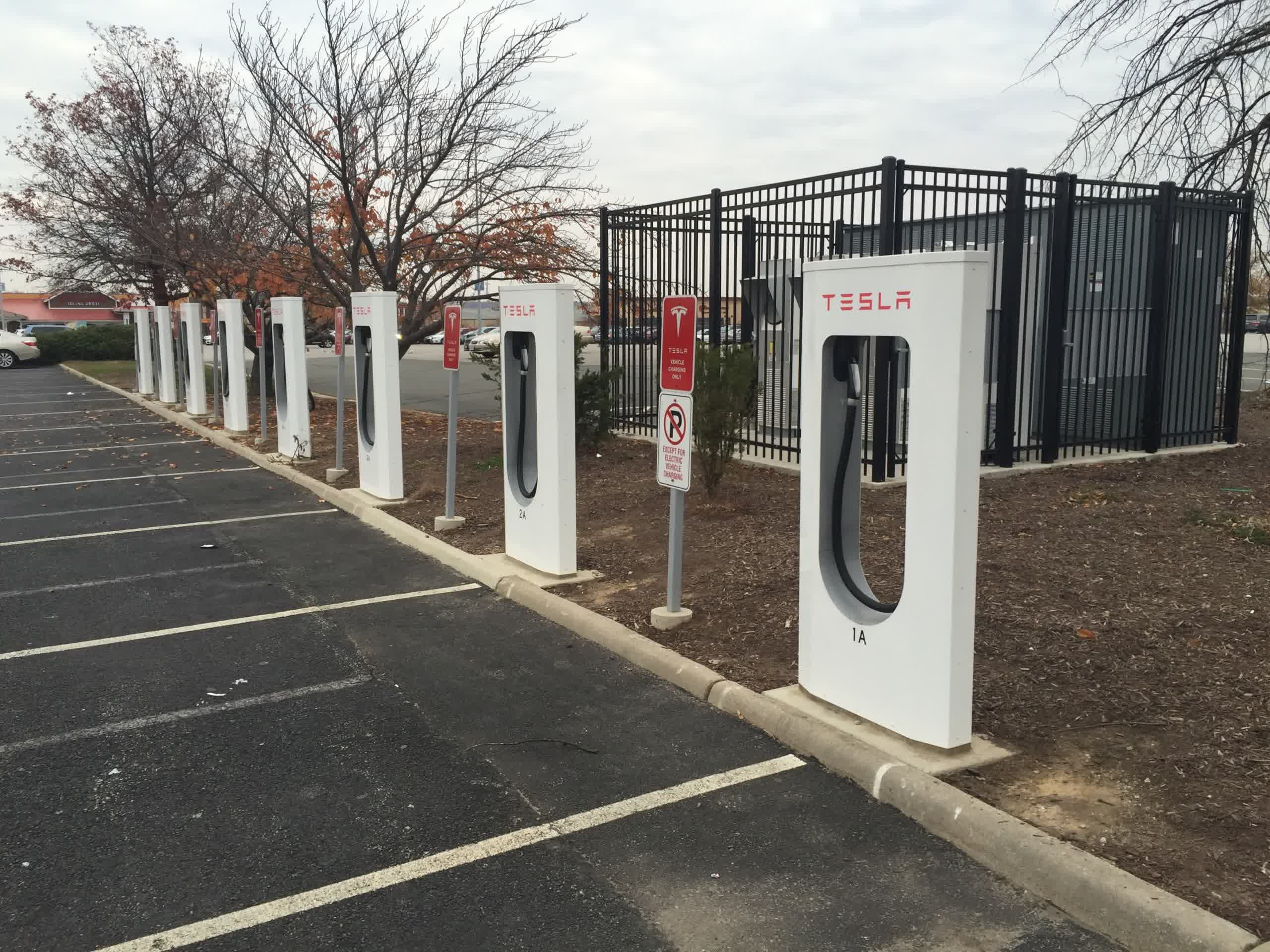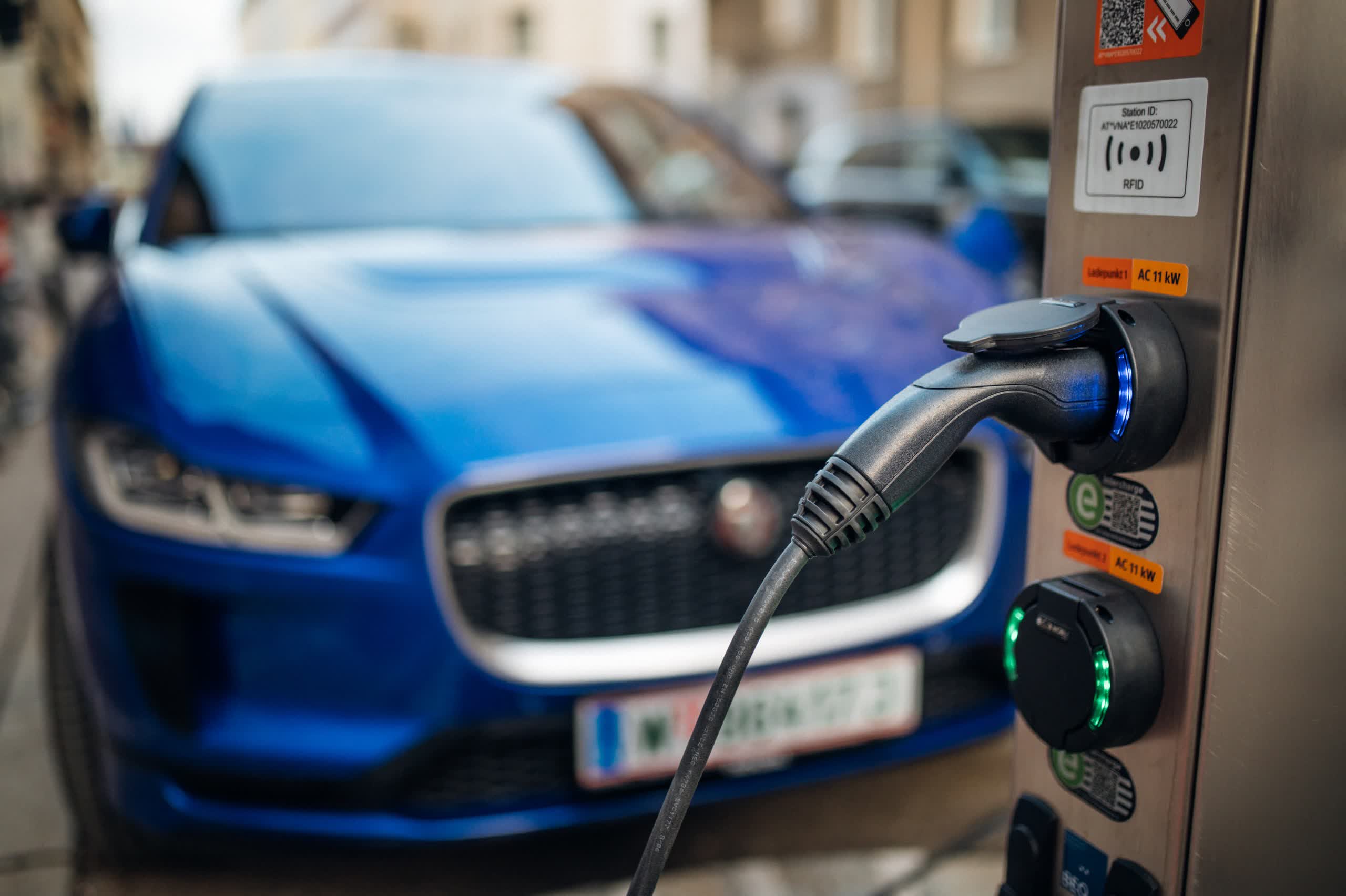In a nutshell: European Union lawmakers recently approved legislation that effectively outlaws the sale of new gasoline- and diesel-powered cars in member nations starting in 2035. The ban is one of the most aggressive actions yet by a major economy to expedite the shift to electric vehicles.
On Tuesday, the European Parliament formally approved a law that forbids the sale of new petrol and diesel cars in the European Union beginning in 2035. The idea is to hasten the transition to electric vehicles and fight climate change. Despite resistance from conservative MEPs, the largest party in the parliament, EU member states have previously approved the legislation and will now formally nod it into law.
The unprecedented regulations mandate that automakers achieve a 100-percent reduction in CO2 emissions from newly sold cars by 2035, thereby banning the sale of new fossil fuel vehicles in 27 nations. The move will further strengthen the European Union's plan to become a "climate neutral" economy with net-zero greenhouse gas emissions by 2050.
The legislation's supporters claimed they would provide European automakers with a concrete timeline for transitioning to zero-emission electric vehicles and encourage investment to fend off competition from China and the United States.
"Let me remind you that between last year and the end of this year, China will bring 80 models of electric cars to the international market," EU vice president Frans Timmermans warned Union members.

Opponents argue the move would put hundreds of thousands of jobs at risk, and neither European industry nor many private motorists are prepared for such a drastic reduction in the production of internal combustion engine vehicles. Germany and conservative MEPs have expressed skepticism about the new regulations citing complications in retooling factories and training the workforce, while international competitors have more flexible goals. Several companies were already vying for a position in the race to become global leaders in electric vehicles, so the European auto industry did not vigorously push against the bill.
Meanwhile, the United States has disclosed a massive plan to subsidize the green transition of its economy with government handouts since the law started its journey through the EU parliamentary process. This action has raised European concerns that its US competitors will siphon off investments and jobs in the electric vehicle and battery manufacturing industries.
People are slowly but surely ditching their gas-guzzling vehicles in favor of electric models as the latter becomes more and more affordable. In fact, 12 percent of all new cars sold in the European Union are electric. Meanwhile, China plans to increase EV usage and decrease gas vehicle sales to a 50/50 split by 2035.
Image credit: Ivan Radic
